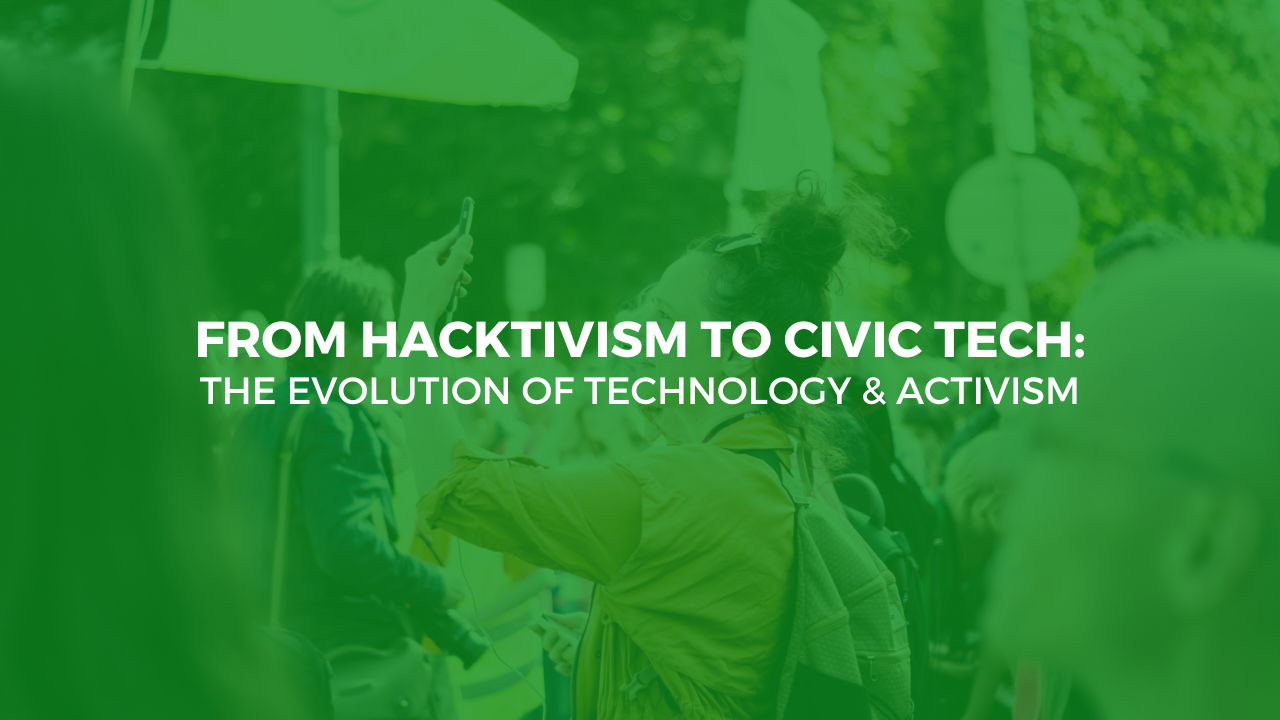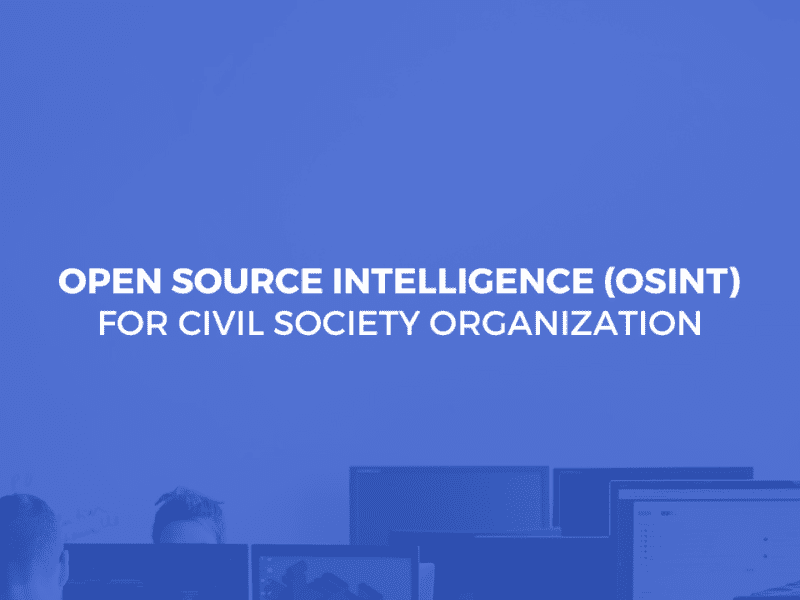The relationship between technology and activism was always a story of collaboration and conflict at the same time. On one hand, technology has proven to be a powerful tool for activists, allowing them to reach larger audiences, amplify their voices, and coordinate their efforts more efficiently. However, on the flip side, it has also been misused to censor, and monitor activists.
A Brief History: Technology Meets Activism
In the early 1990s, the term “hacktivism” was coined to describe the use of hacking techniques in pursuit of social or political goals. Unlike traditional hacking, hacktivism often had a higher purpose: it was activism through disruption, aiming to expose injustice, hold powerful entities accountable, and support freedom of speech. Early hacktivist groups like Anonymous and Electronic Disturbance Theater famously operated under pseudonyms, often taking on governmental and corporate targets to reveal corruption and advocate for social change.
While hacktivism was marked by its subversive approach, technology-driven activism took a more structured form with the rise of civic tech in the 2000s.
Understanding Civic Tech: A Different Path to Change
Civic technology, often called civic tech, involves creating technology to promote civic engagement, transparency, and accountability in governance. Instead of disruptive tactics, civic tech uses innovative tools to solve social challenges and engage citizens. One of the early pioneers, the Sunlight Foundation, launched in 2006, harnessed technology to make governments more open and accountable.
In contrast to hacktivism’s often adversarial stance, civic tech represents a collaborative approach to reform, with platforms like Change.org for petitions, Datawrapper for data visualization, and Ushahidi for crisis mapping offering ways for citizens to participate in democratic processes actively.
Key Differences Between Hacktivism and Civic Tech
While both hacktivism and civic tech use technology to drive change, their approaches and goals differ:
- Hacktivism often uses disruptive techniques to draw attention to social issues, taking a direct stance against perceived injustices.
- Civic Tech focuses on creating tools that enable public engagement, allowing citizens to participate in shaping policies and holding leaders accountable.
How Civic Tech is Empowering Citizens
In recent years, civic tech has gained traction worldwide, becoming a powerful tool for addressing complex social issues. During the COVID-19 pandemic, for instance, civic tech solutions like the COVID Tracking Project and various contact-tracing apps provided critical information to governments and the public, helping inform health policies.
Some prominent applications of civic tech today include:
- Online Petitions – Platforms like Change.org give people a way to unite around causes, raise awareness, and directly influence decision-makers.
- Data Visualization – Tools like Datawrapper enable activists and organizations to present complex data in accessible ways, helping to communicate issues clearly and compellingly.
- Crisis Mapping – Platforms such as Ushahidi use digital mapping to track crises in real-time, supporting emergency response and helping raise awareness about areas of need.
Challenges Facing Civic Technology
As promising as civic tech is, it faces several challenges:
- Accessibility – Civic tech tools must be designed to be accessible to people with various levels of tech literacy and resources. Ensuring broad access is crucial for inclusive engagement.
- Preventing Co-optation – Civic tech should be free from influence by powerful entities, such as governments or corporations, which may exploit these tools for their own purposes.
- Privacy and Security – Safeguarding user data and privacy is critical, as many civic tech platforms handle sensitive information.
FAQs
1. What is hacktivism?
Hacktivism refers to using innovative technological, and or hacking techniques and approaches for political or social activism. Hacktivists often work anonymously to expose corruption, fight for social justice, or champion free speech.
2. How does civic tech differ from hacktivism?
While hacktivism uses disruptive hacking approaches or techniques to achieve its goals, civic technology focuses on developing technology that fosters civic engagement, transparency, and government accountability.
3. What are some examples of civic tech?
Notable examples of civic tech include platforms like Change.org for online petitions, Ushahidi for digital mapping, and Datawrapper for data visualization.
4. What challenges does civic technology face?
Some key challenges include ensuring accessibility for all citizens, preventing the co-optation of these tools by powerful entities, and safeguarding users’ privacy.
5. How can civic tech promote transparency?
Civic technology platforms can make government data more accessible, allowing citizens to hold their leaders accountable and engage more actively in the democratic process.


